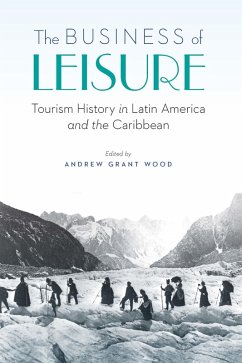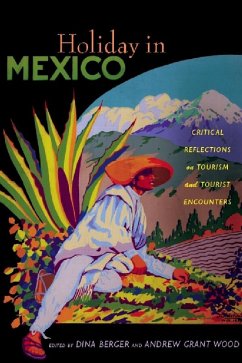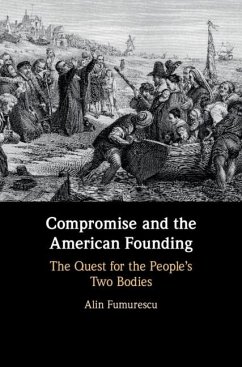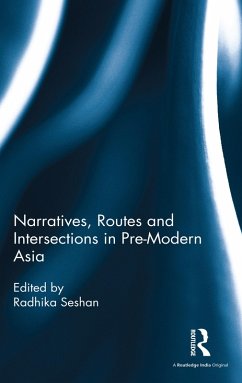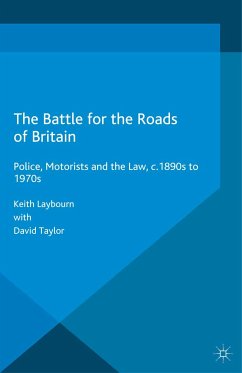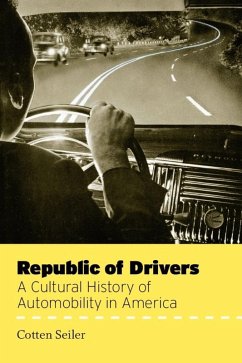
Routes of Compromise (eBook, PDF)
Building Roads and Shaping the Nation in Mexico, 1917-1952
Versandkostenfrei!
Sofort per Download lieferbar
22,95 €
inkl. MwSt.
Weitere Ausgaben:

PAYBACK Punkte
11 °P sammeln!
In Routes of Compromise Michael K. Bess studies the social, economic, and political implications of road building and state formation in Mexico through a comparative analysis of Nuevo León and Veracruz from the 1920s to the 1950s. He examines how both foreign and domestic actors, working at local, national, and transnational levels, helped determine how Mexico would build and finance its roadways. While Veracruz offered a radical model for regional construction that empowered agrarian communities, national consensus would solidify around policies championed by Nuevo León's political and comm...
In Routes of Compromise Michael K. Bess studies the social, economic, and political implications of road building and state formation in Mexico through a comparative analysis of Nuevo León and Veracruz from the 1920s to the 1950s. He examines how both foreign and domestic actors, working at local, national, and transnational levels, helped determine how Mexico would build and finance its roadways. While Veracruz offered a radical model for regional construction that empowered agrarian communities, national consensus would solidify around policies championed by Nuevo León's political and commercial elites. Bess shows that no single political figure or central agency dominated the process of determining Mexico's road-building policies. Instead, provincial road-building efforts highlight the contingent nature of power and state formation in midcentury Mexico.
Dieser Download kann aus rechtlichen Gründen nur mit Rechnungsadresse in A, B, BG, CY, CZ, D, DK, EW, E, FIN, F, GR, HR, H, IRL, I, LT, L, LR, M, NL, PL, P, R, S, SLO, SK ausgeliefert werden.




